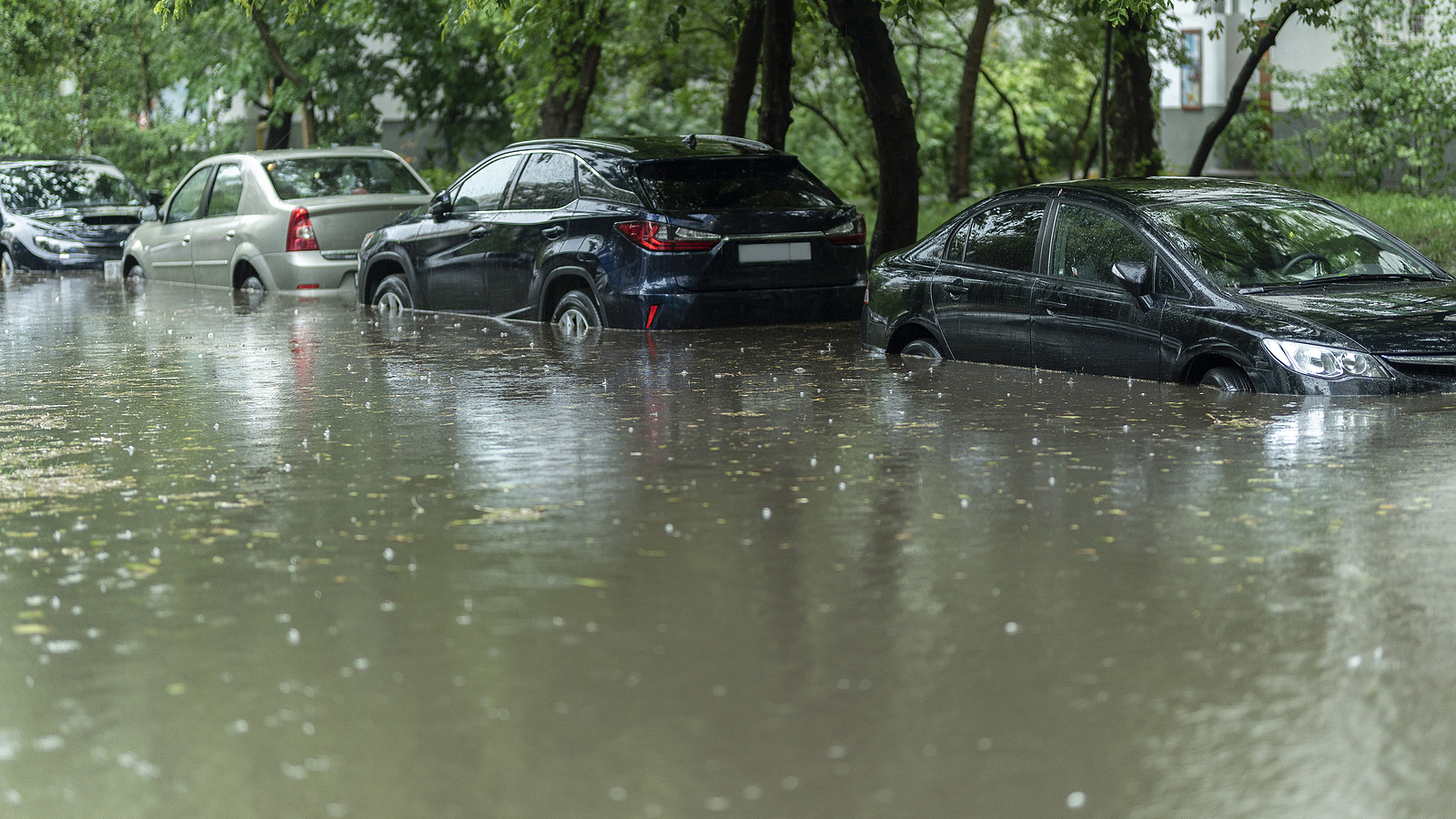A few weeks ago, monsoon rains flooded several Las Vegas casinos. Parts of the iconic Strip were turned into lagoons, according to the news. Then, there was the recent and devastating flood in Kentucky.
A state of emergency has been declared in two West Virginia counties after recent flooding. Missouri, Colorado and even Death Valley have experienced floods in recent weeks.
In fact, seven million people in several states are under flood watch as of this writing.
No, this isn’t anything new. Floods are “America’s most frequent and expensive disaster,” the experts at the non-profit Flood Defenders say.
They go on to quote a University of Maryland study that claims “America has experienced an urban flooding event once every 2-3 days for the past 25 years.”
Most important of all is that, according to the Federal government, 99% of U.S. Counties were impacted by a flooding event between 1996 and 2019.
Obviously, it’s important to find out if a home you have your eye on is located in a designated floodplain.
What is a floodplain?
A floodplain, according to the Federal Emergency Management Agency (FEMA), includes any area on land that is “… susceptible to being inundated by floodwaters from any source.”
That’s just one of the words that you may need to have defined during your search for information about flood insurance. Run up against another head-scratcher? Find the definition online at FEMA.gov.
Homeowners insurance doesn’t cover flood damage
Many new homeowners or about-to-be homeowners are shocked that their insurance on the home doesn’t cover any damage from flooding.
This can be a bit confusing because very often “water damage” is covered. Flood damage, however, is differentiated from water damage by the following definition:
Flood damage is caused by “a general and temporary condition of partial or complete inundation of two or more acres of normally dry land area or of two or more properties,” according to the experts at FEMA.
Kanner and Pintaluga, a property damage law firm, offers this distinction: “Water damage caused by flooding is not covered by homeowners or renters policies because it is considered a gradual event rather than sudden or accidental.”
“As a rule of thumb, if the water first touches the ground before entering your home, it is considered flood damage,” they conclude.
How can I protect my pocketbook from flood damage?
Even though homeowners insurance generally doesn’t cover flood damage, you are not without protection options: The National Flood Insurance Program (NFIP), managed by FEMA.
“You can purchase flood insurance through the National Flood Insurance Program or one of the more than 50 private insurance companies that offer the coverage,” according to the folks at FEMA.
If you own your home outright you may not even have flood insurance. Many Americans take the gamble and don’t purchase coverage.
It’s lower income homeowners who typically lack coverage, but can you blame them? “… the cost of federal flood insurance is rising as climate change increases damages to homes,” senior research scientist Alexander de Sherbinin tells Anuradha Varansai with Columbia Climate School.
He goes on to claim that rising flood insurance rates may put low-income homeowners at risk for losing their homes. “… insurance payments may go from $600 a year to up to $3,000 to $6,000 by 2022,” he said.
How to find out if that home you love is in a floodplain
Visit FEMA’s website to locate flood maps for the area. Enter the home’s address in the box and click on “Search” and you will be taken to a map of the neighborhood and details on flooding in the area.
Your best bet, however, is to call your homeowners insurance agent to find out if a home you are considering purchasing is in a flood zone.
Then, visit rocketmortgage.com to learn the risks of buying a home in a flood zone.
Questions? Although we aren’t insurance professionals, we are happy to point you in the right direction to get your questions answered.







